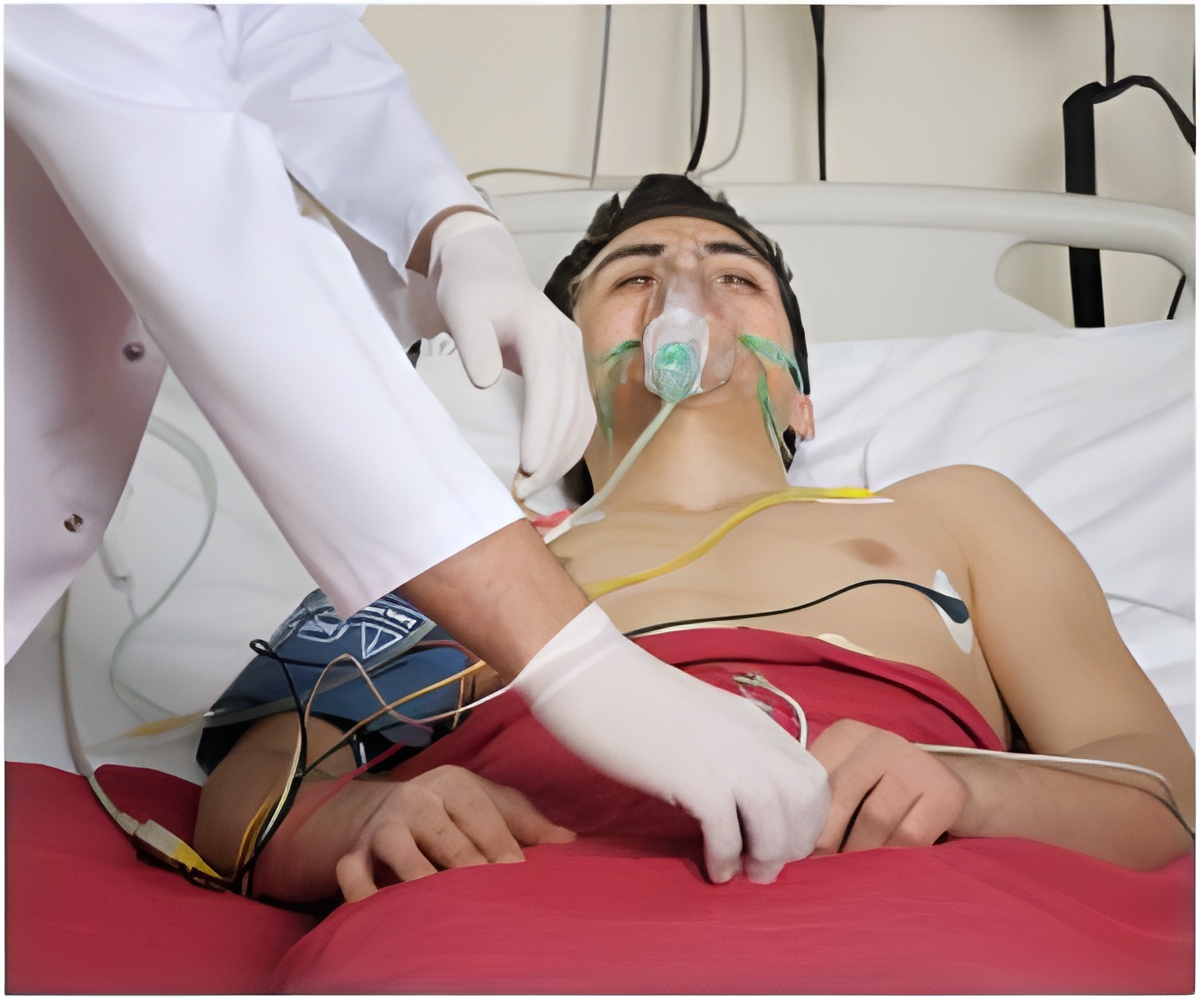People who are most susceptible to cardiovascular events and falls stay indoors during heavy snowfalls and avoid potential hazards.

- Cardiovascular disease admissions decreased by 32% on high snowfall days but increased by 23%, two days after.
- Admissions for falls increased 18% on average during the six days following a moderate snowfall.
- Cold-weather-related disease admissions increased by 3.7% on high snowfall days compared to days with no snowfall.
They focused on admissions for cardiovascular diseases; cold-weather related conditions such as frostbite; and falls and injuries.
Health hazards posed by snowfalls may have previously been unrecognized, according to the researchers. A possible explanation could be that people who are most susceptible to cardiovascular events and falls stay indoors during heavy snowfalls and avoid potential hazards, say the researchers.
The results show that on high snowfall days (>10.0 inches of snow), cardiovascular disease admissions decreased by 32% but increased by 23%, two days after. The two-day delayed jump in admissions for cardiovascular events after heavy snowfalls could reflect delays getting to the hospital during snow emergencies.
Cold-related admissions increased by 3.7% on high snowfall days and remained high for 5 days after. Admissions for falls increased by 18% on average in the 6 days after a moderate snowfall day (5.1 - 10.0 inches).
This possibility derives from prior studies of "snow-shoveler's infarction," which found that heavy snow shoveling resulted in cardiorespiratory demands that were comparable to or higher than the demands of maximal treadmill testing.
Jennifer Bobb, Lead author, Group Health Research Institute in Seattle, said, "Understanding trends in hospitalizations related to snowfall will help us develop ways to protect public health during harsh winter conditions."
Reference
- Jennifer F.Bobb et al., Time-Course of Cause-Specific Hospital Admissions During Snowstorms: An Analysis of Electronic Medical Records From Major Hospitals in Boston, Massachusetts, Am J Epidemiol (2017) https://doi.org/10.1093/aje/kww219.
- Rajesh Janardhanan et al.,The Snow-Shoveler’s ST Elevation Myocardial Infarction, American Journal of Cardiology (2010), 10.1016/j.amjcard.2010.03.075.
Source-Medindia











